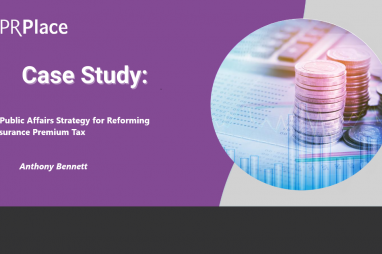How to prepare for an election
Being in favour of net zero carbon emissions is political; being in favour of workplace diversity is also political.
It should be easy to avoid party politics in an election year. But it will be very hard to avoid positions that might be deemed political.




